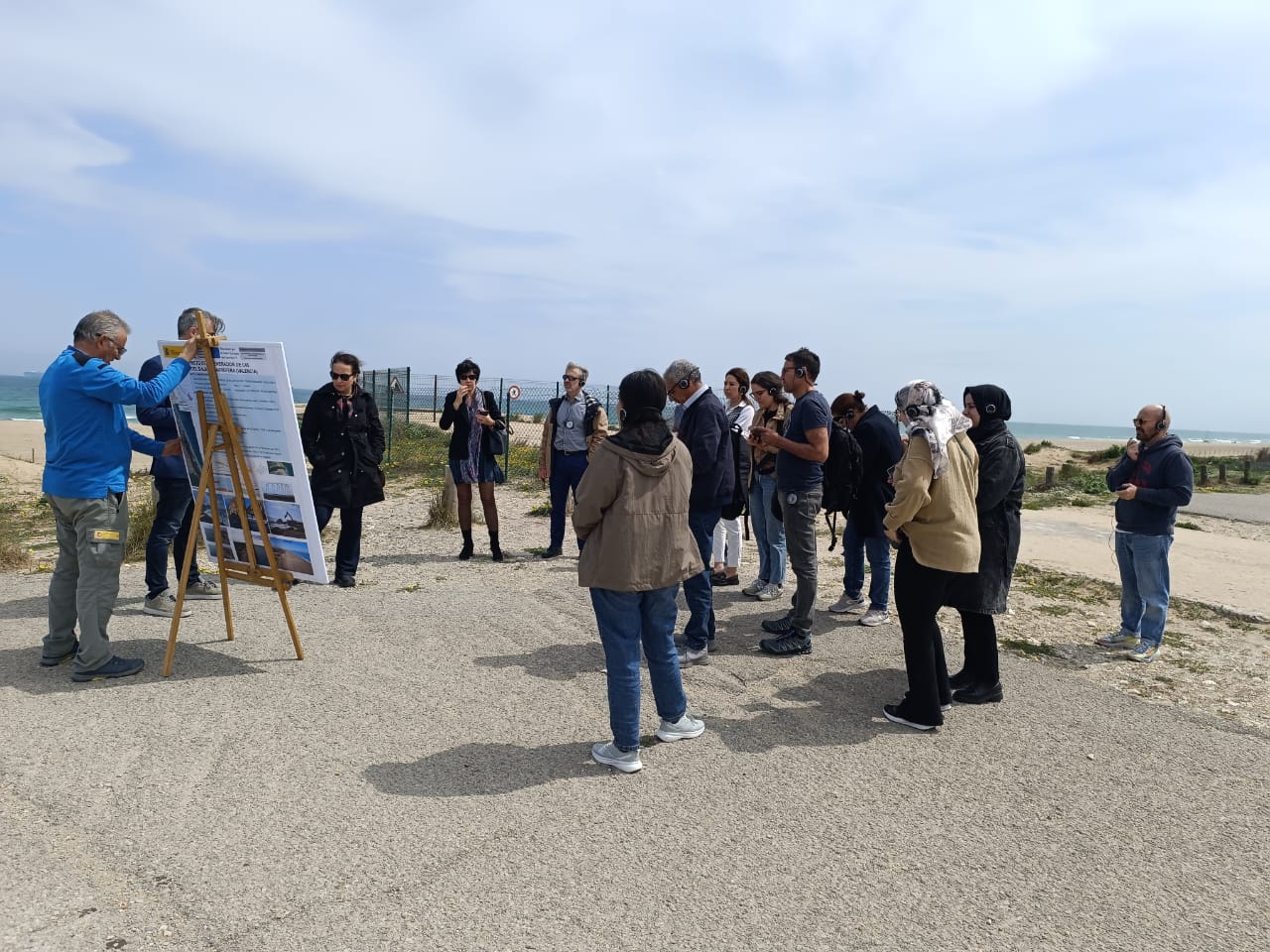
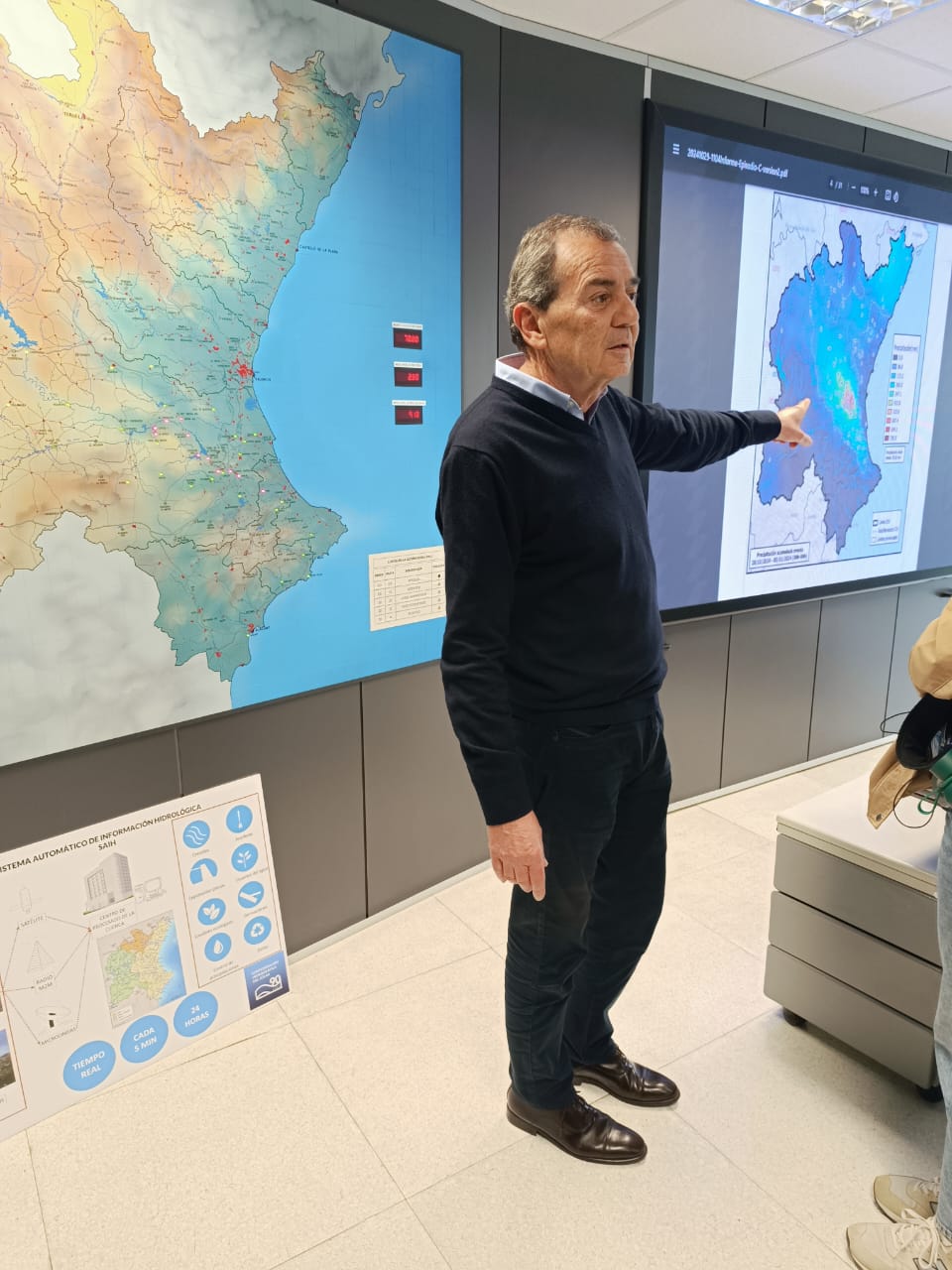
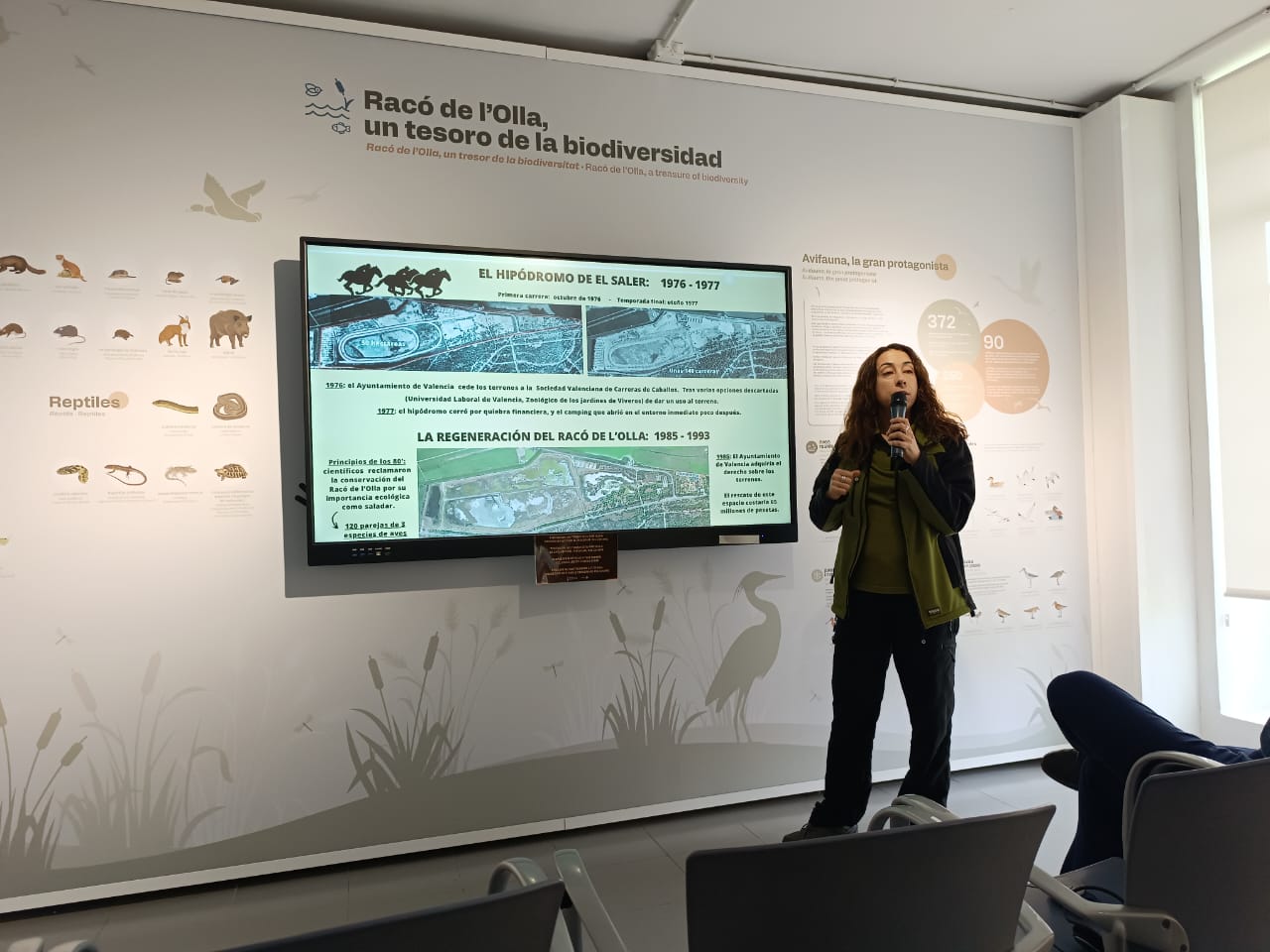
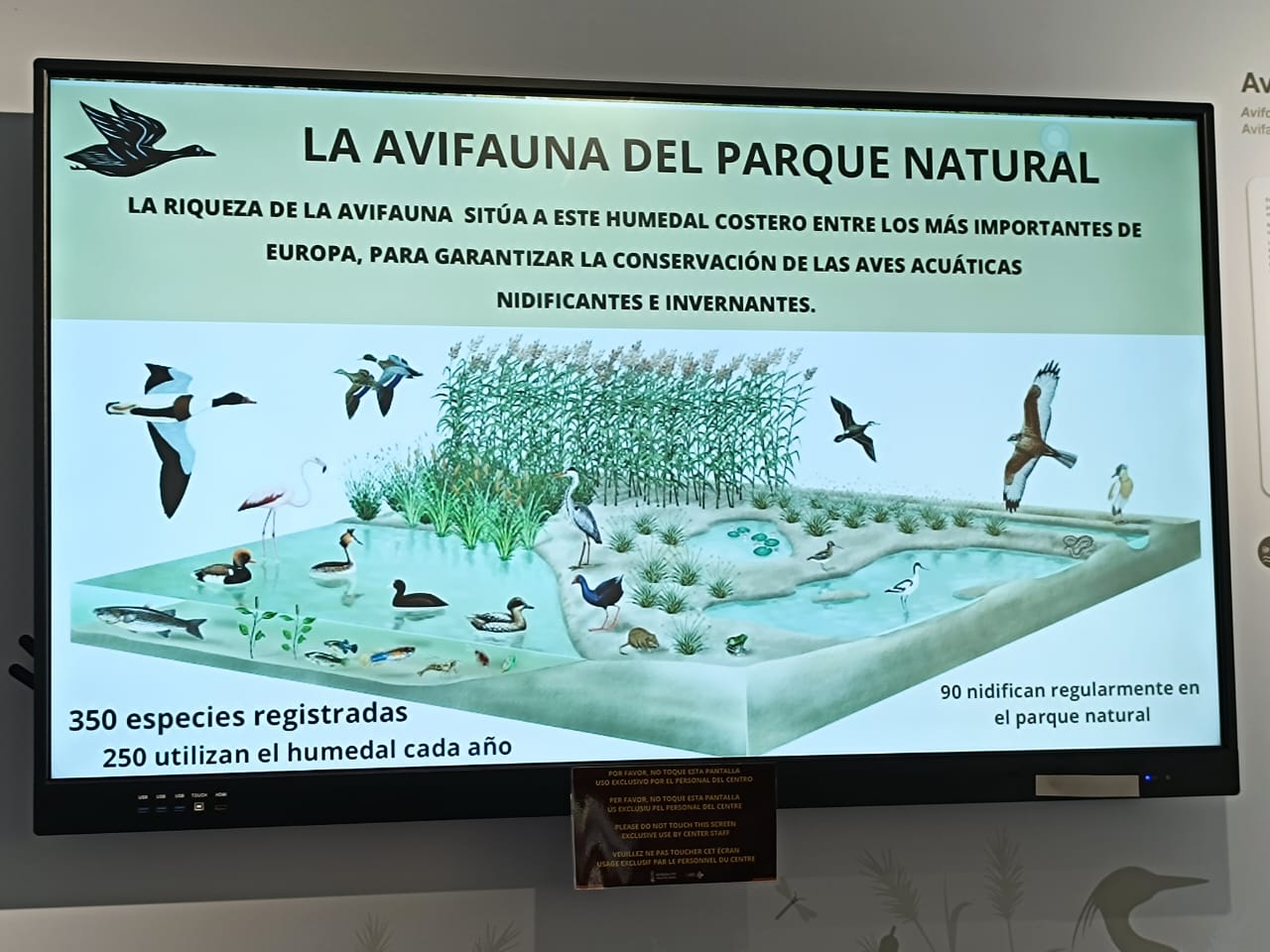
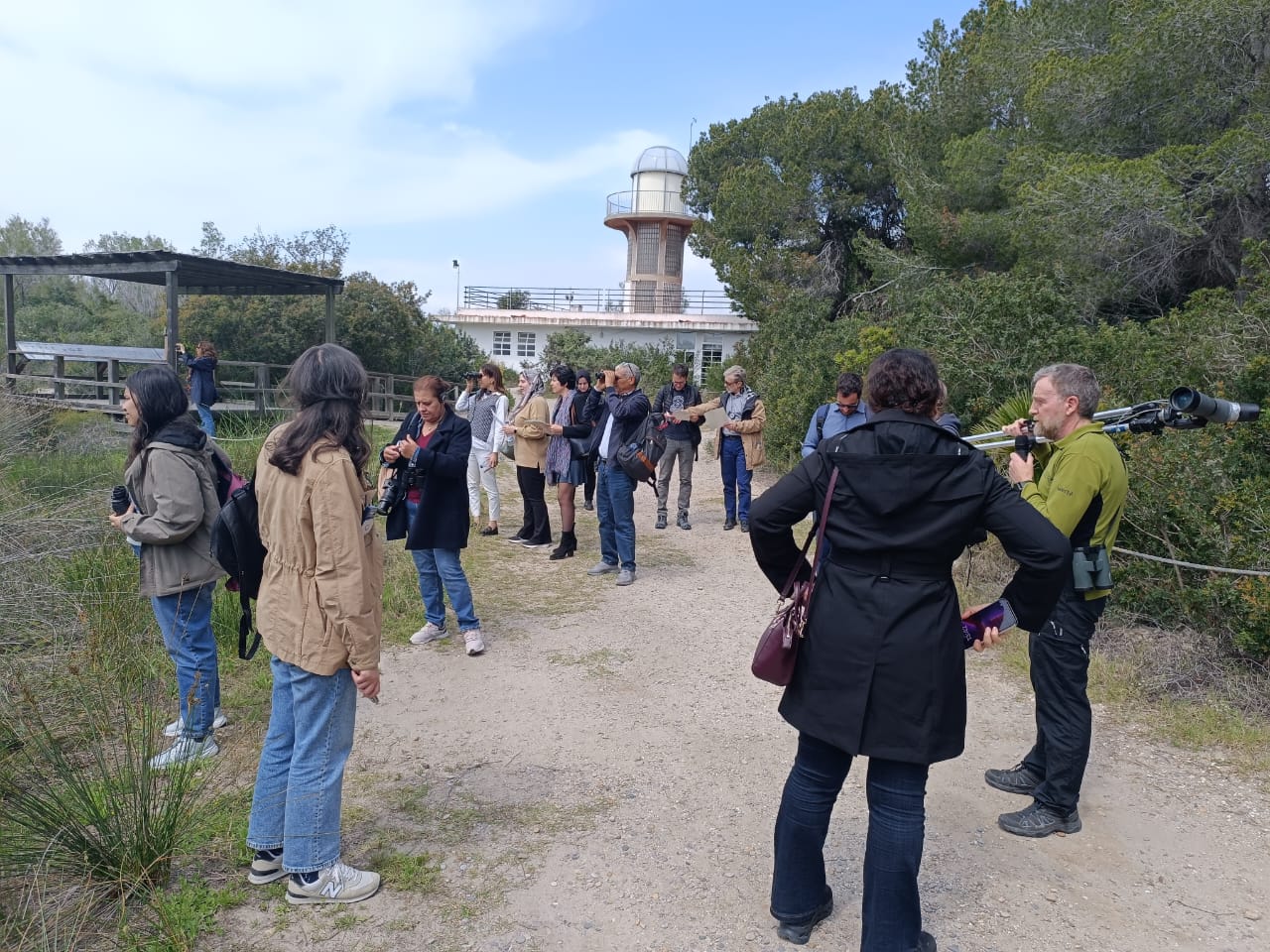
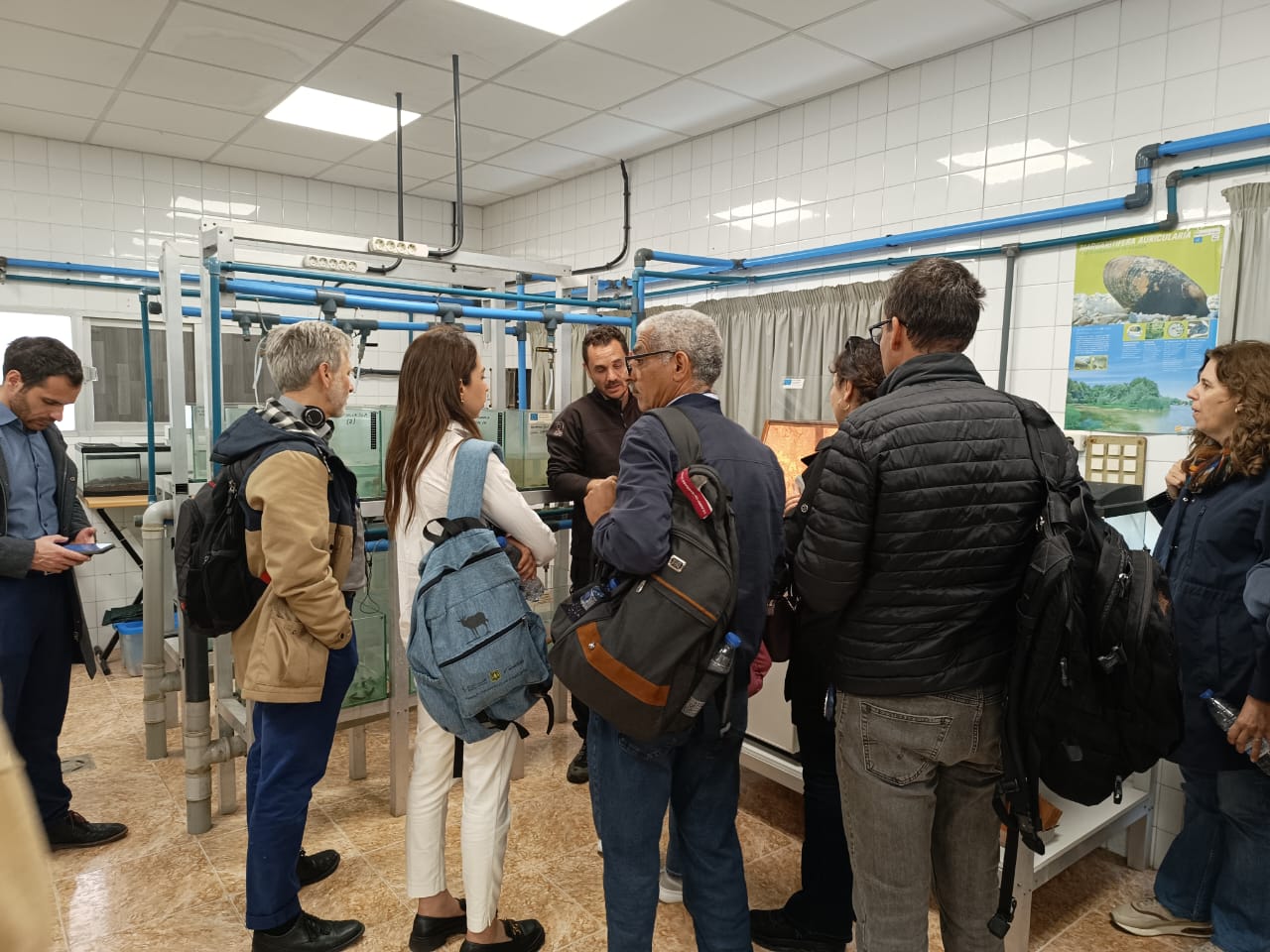
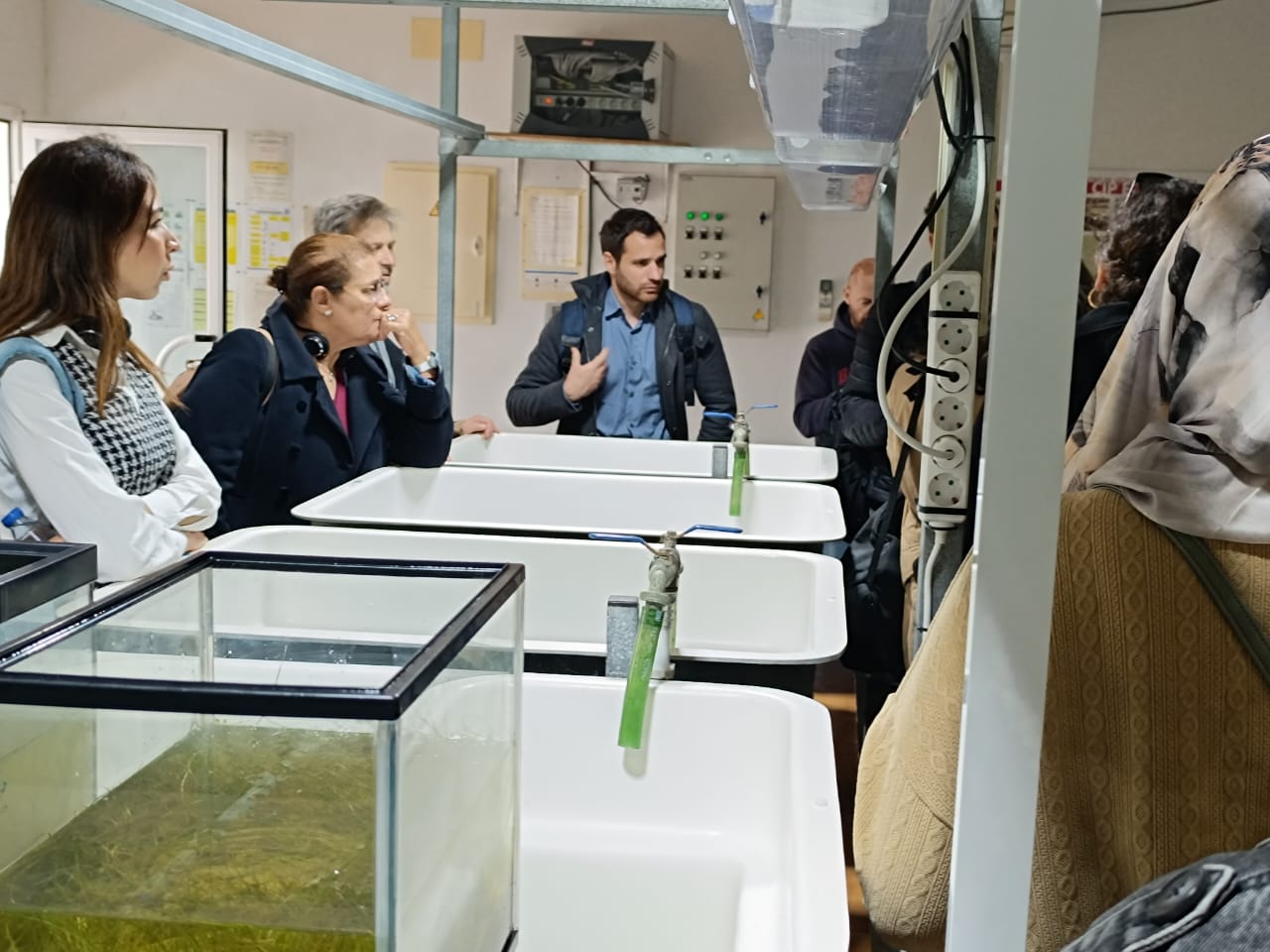
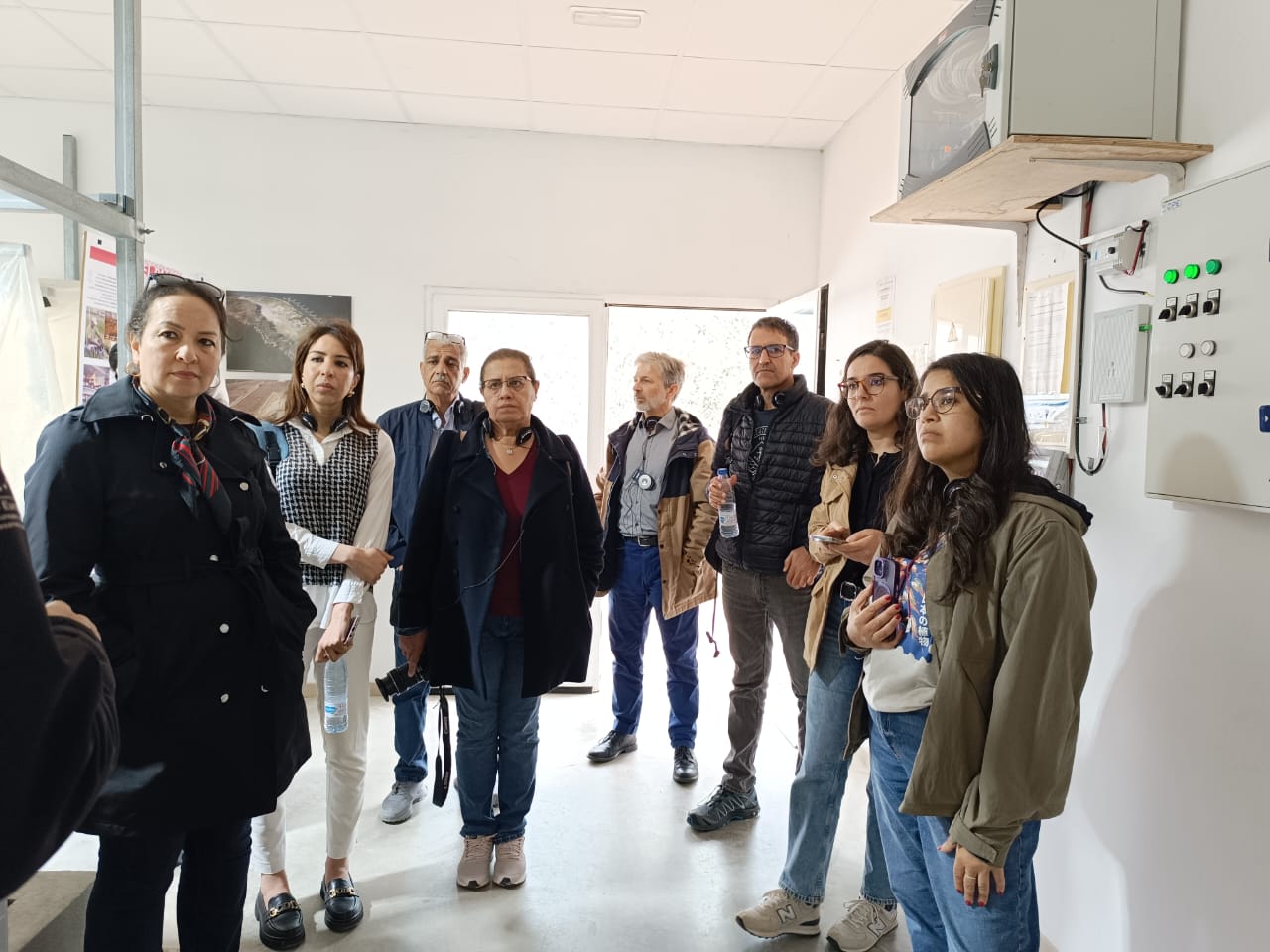
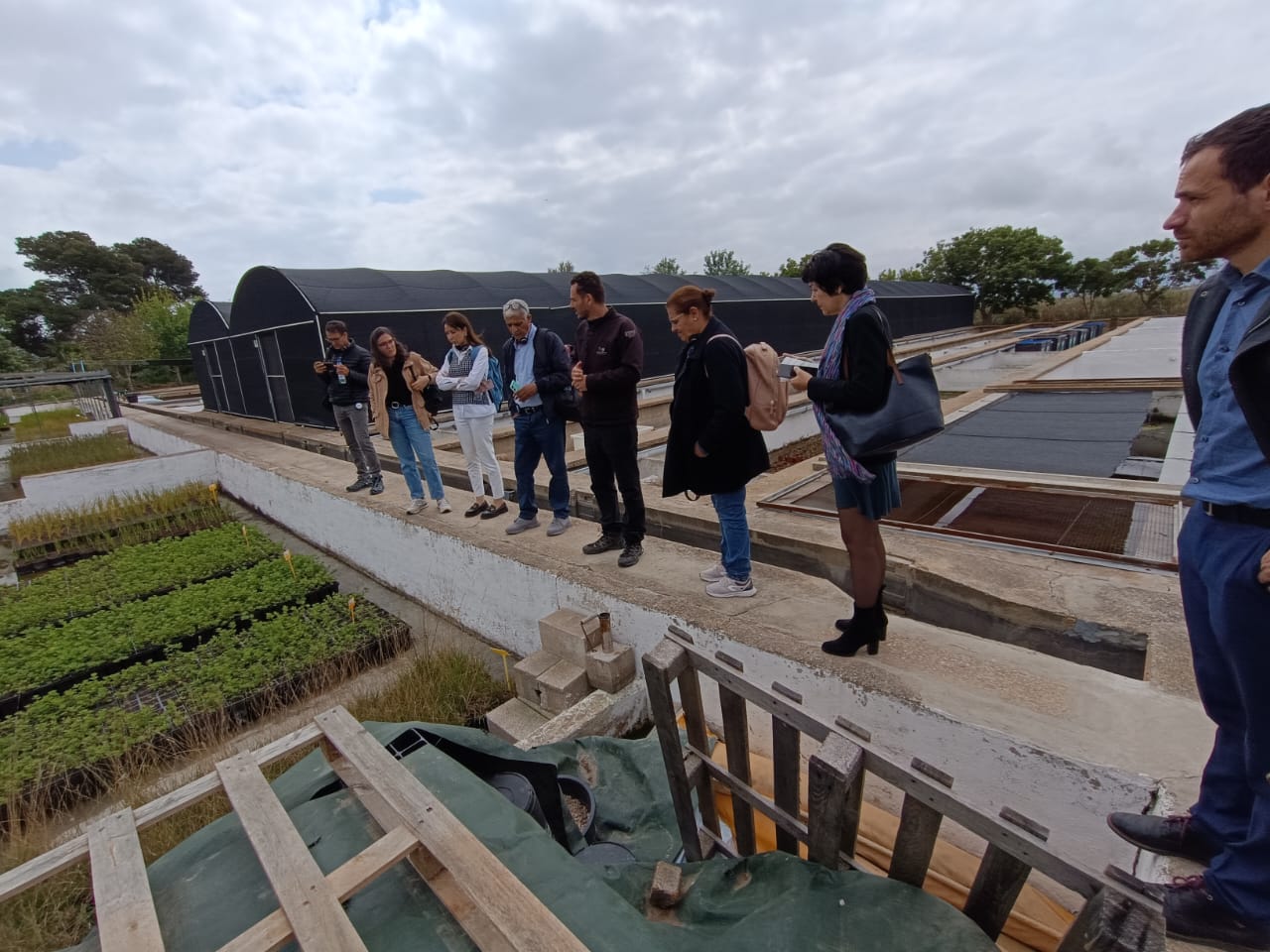
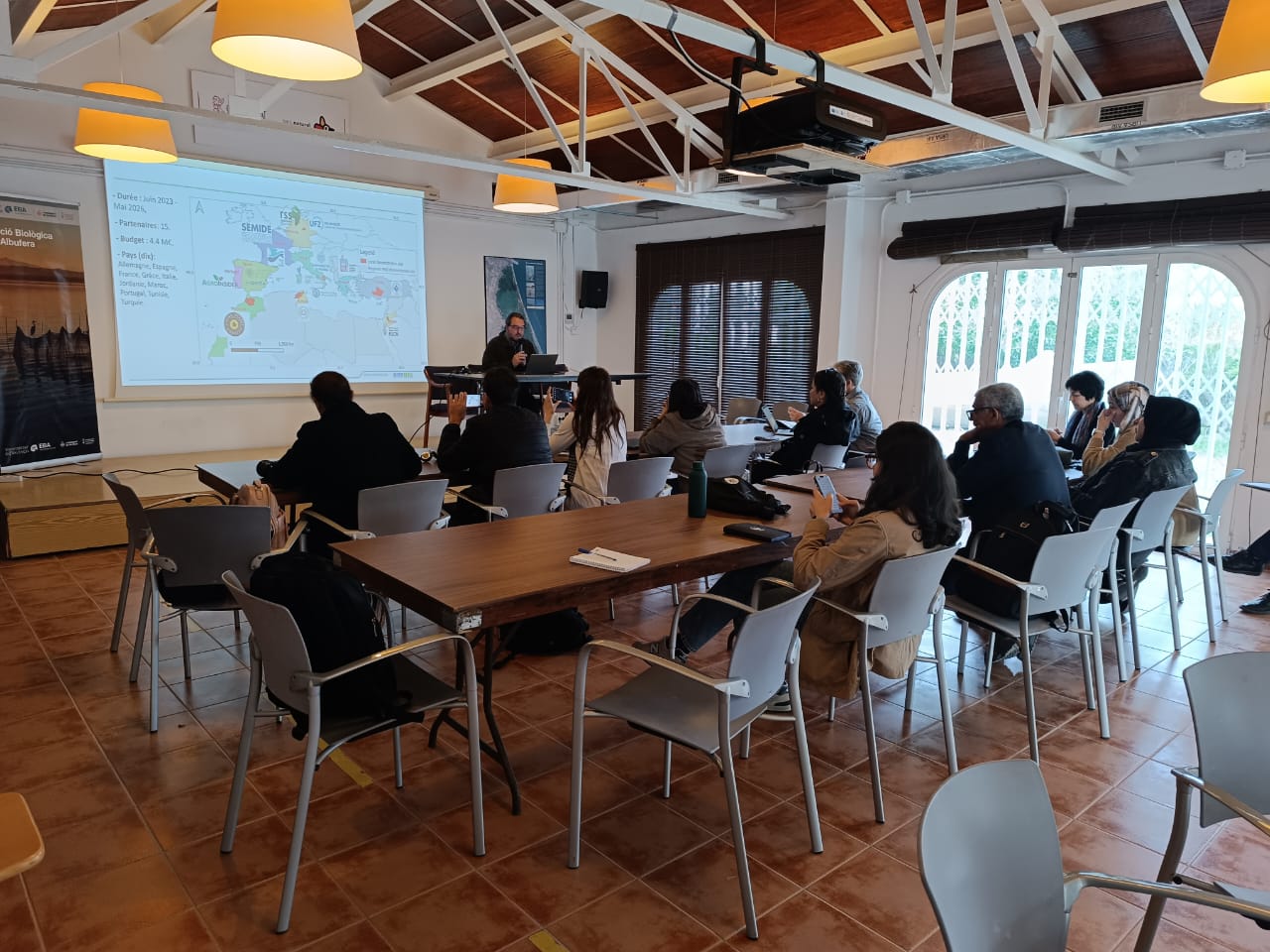
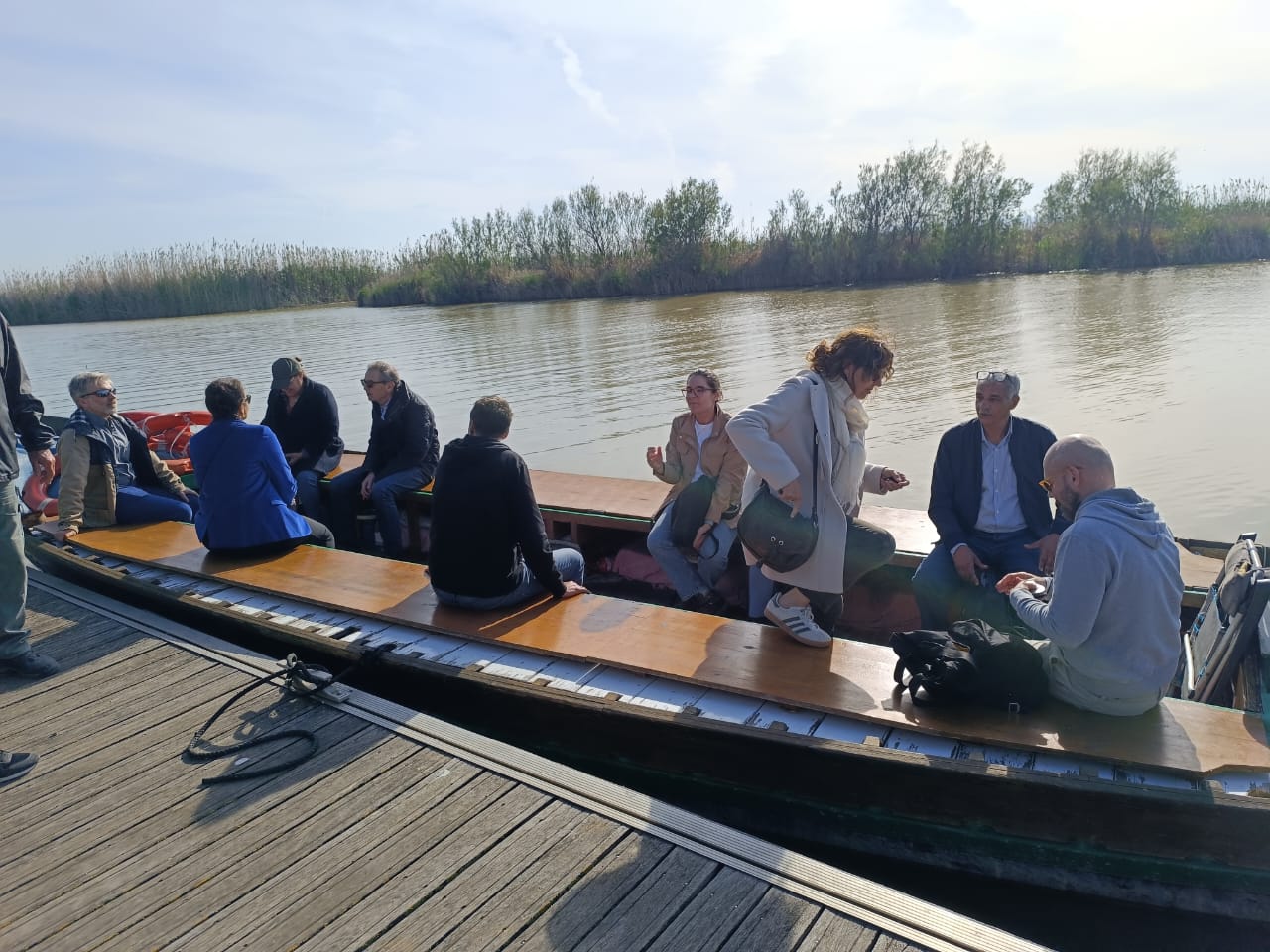
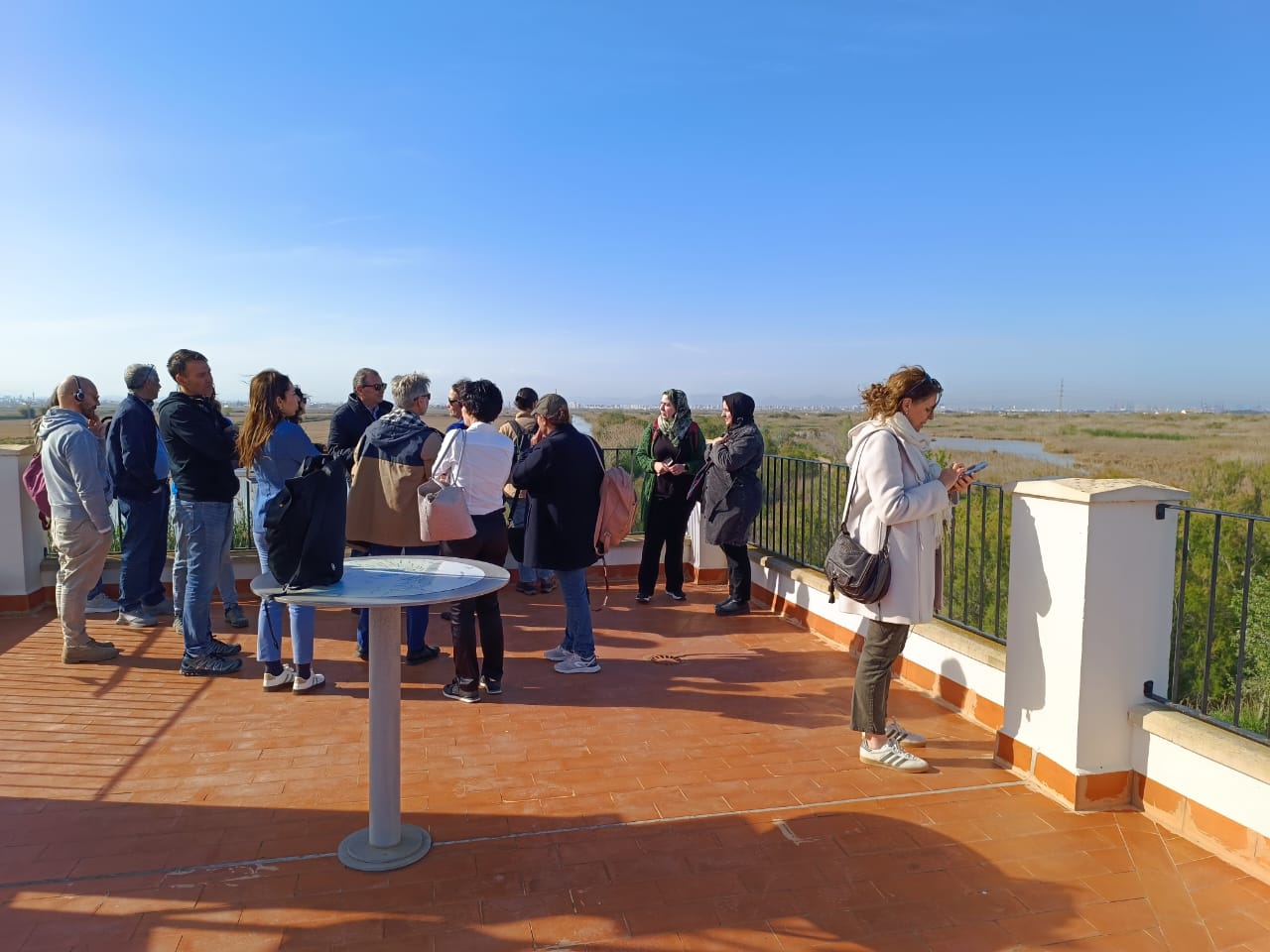
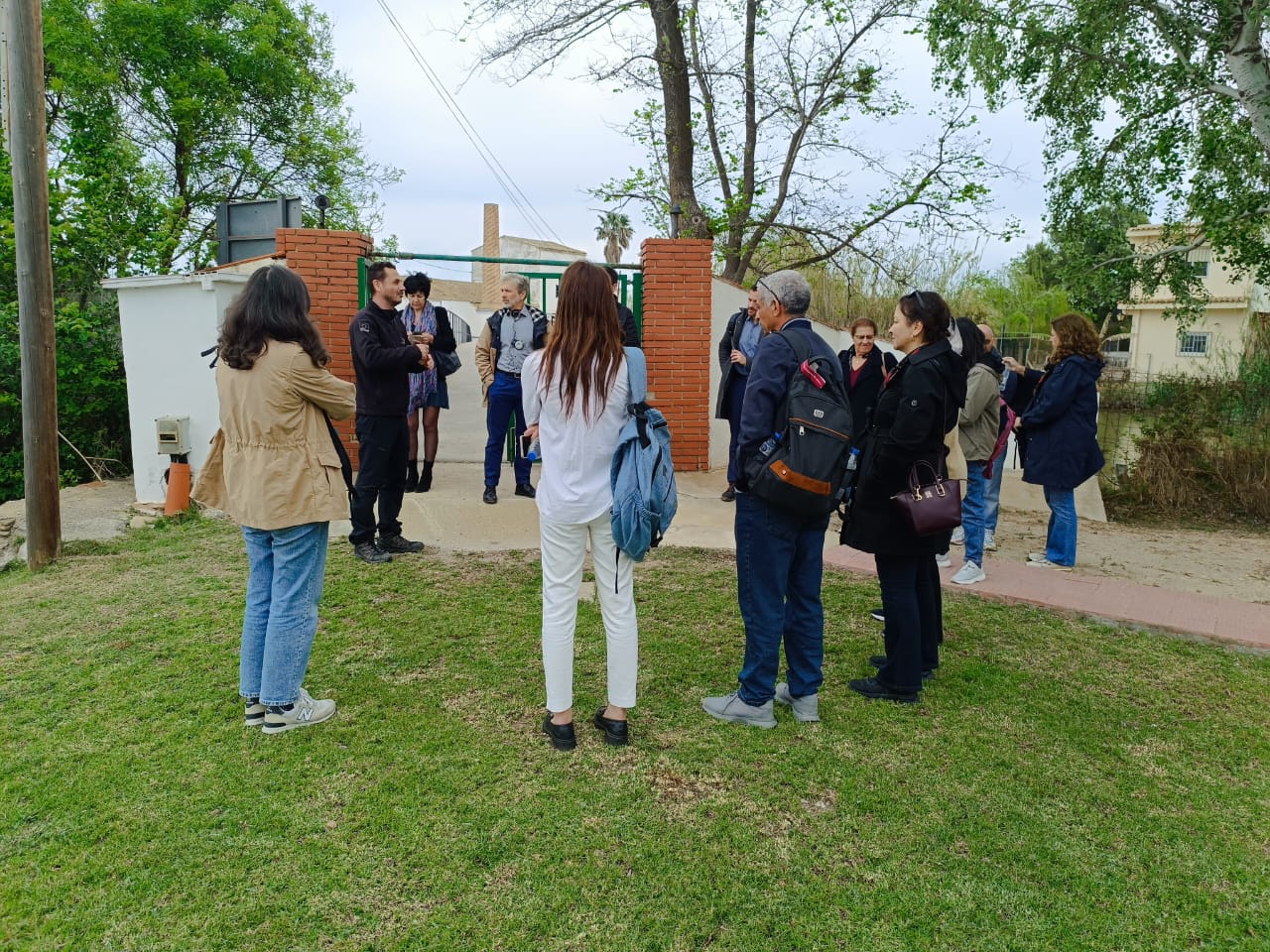
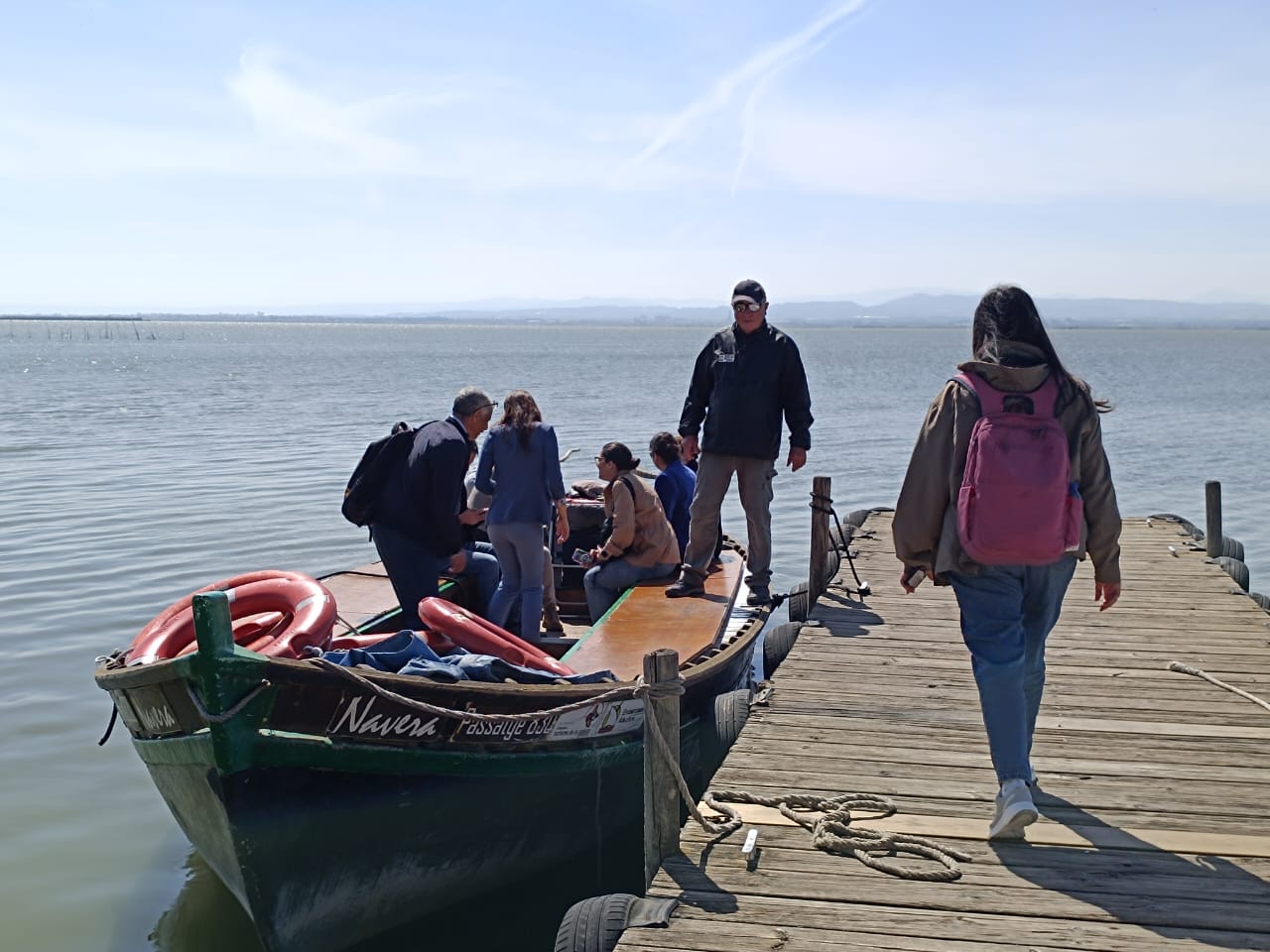
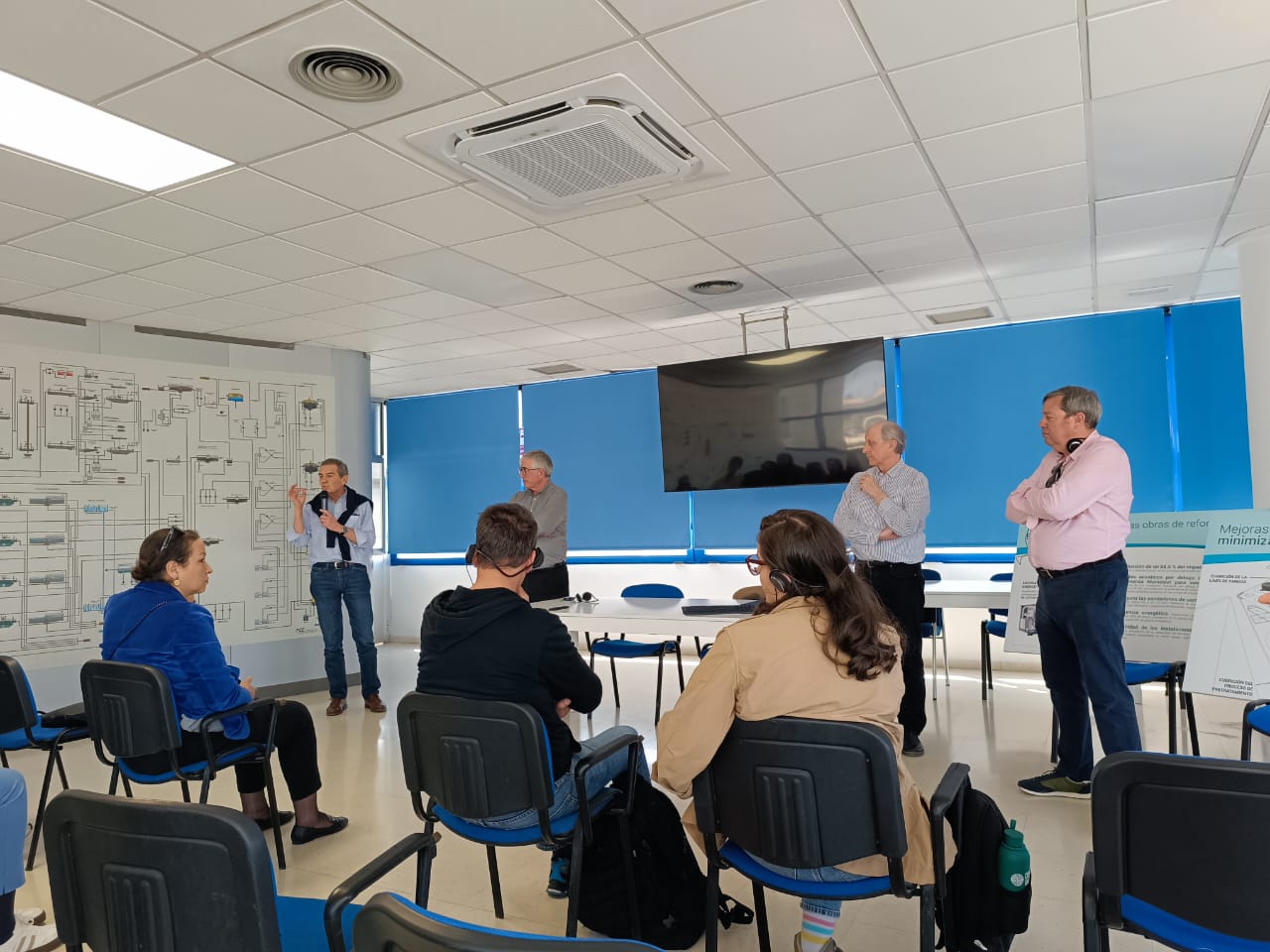
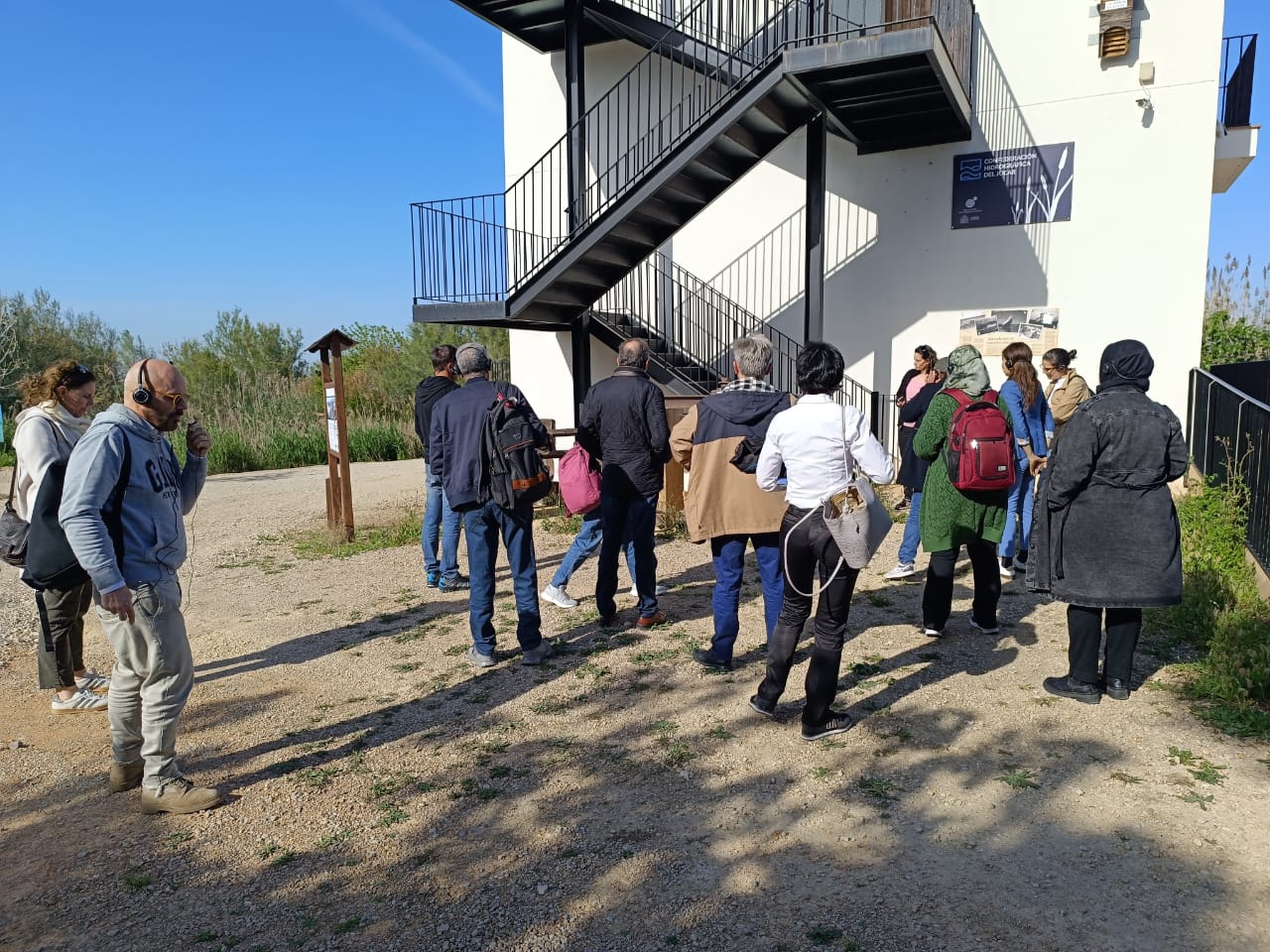
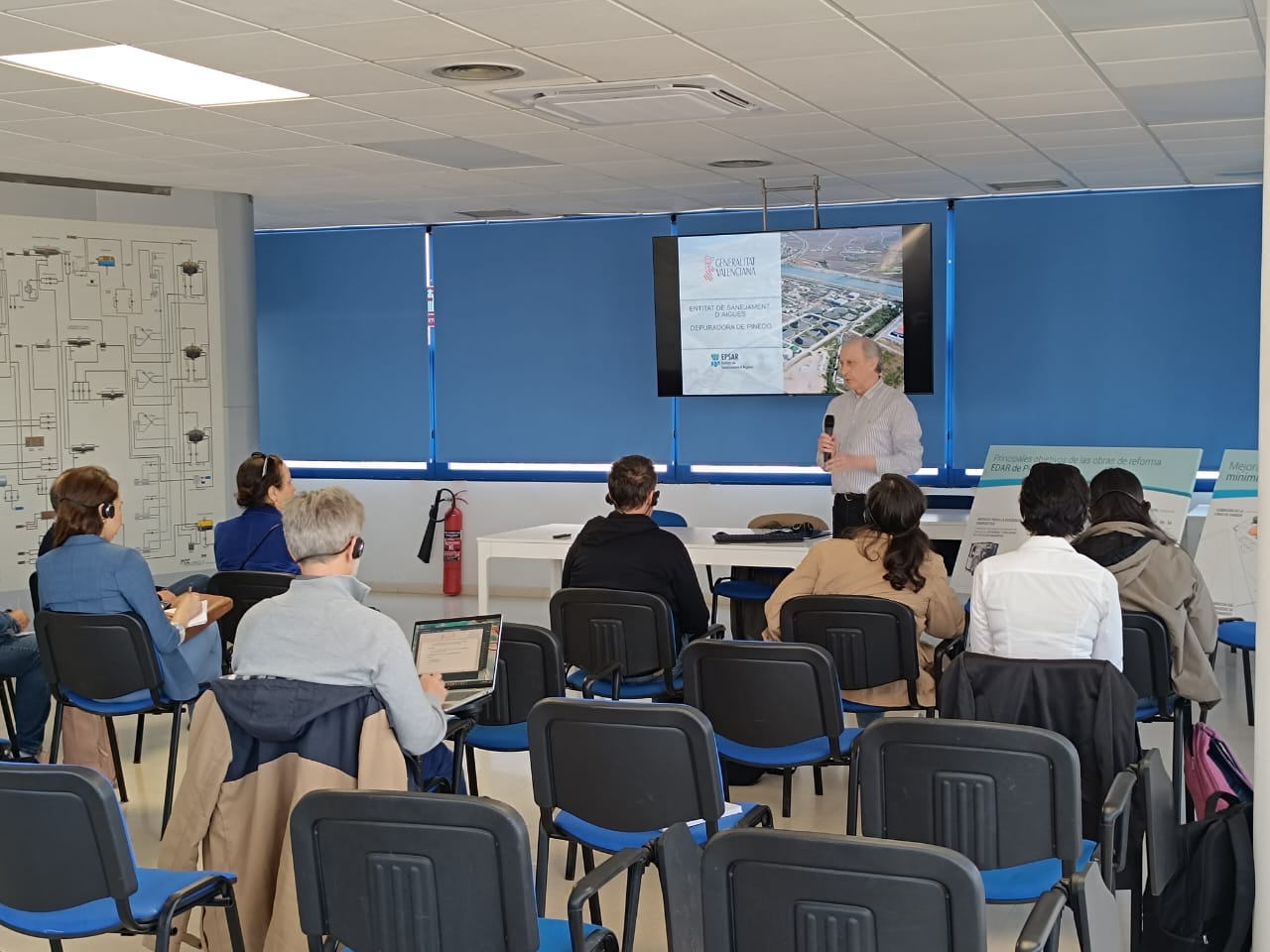
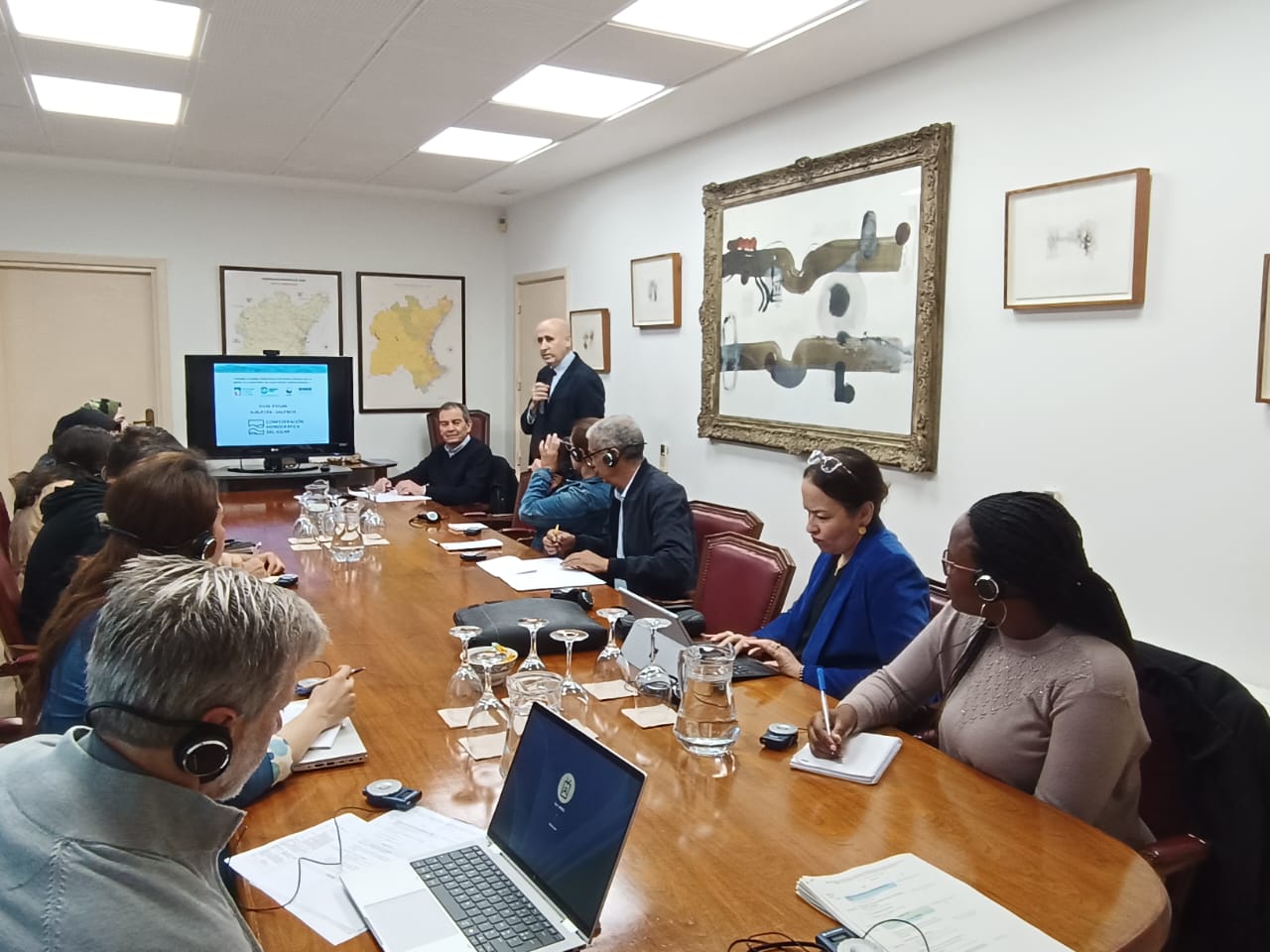
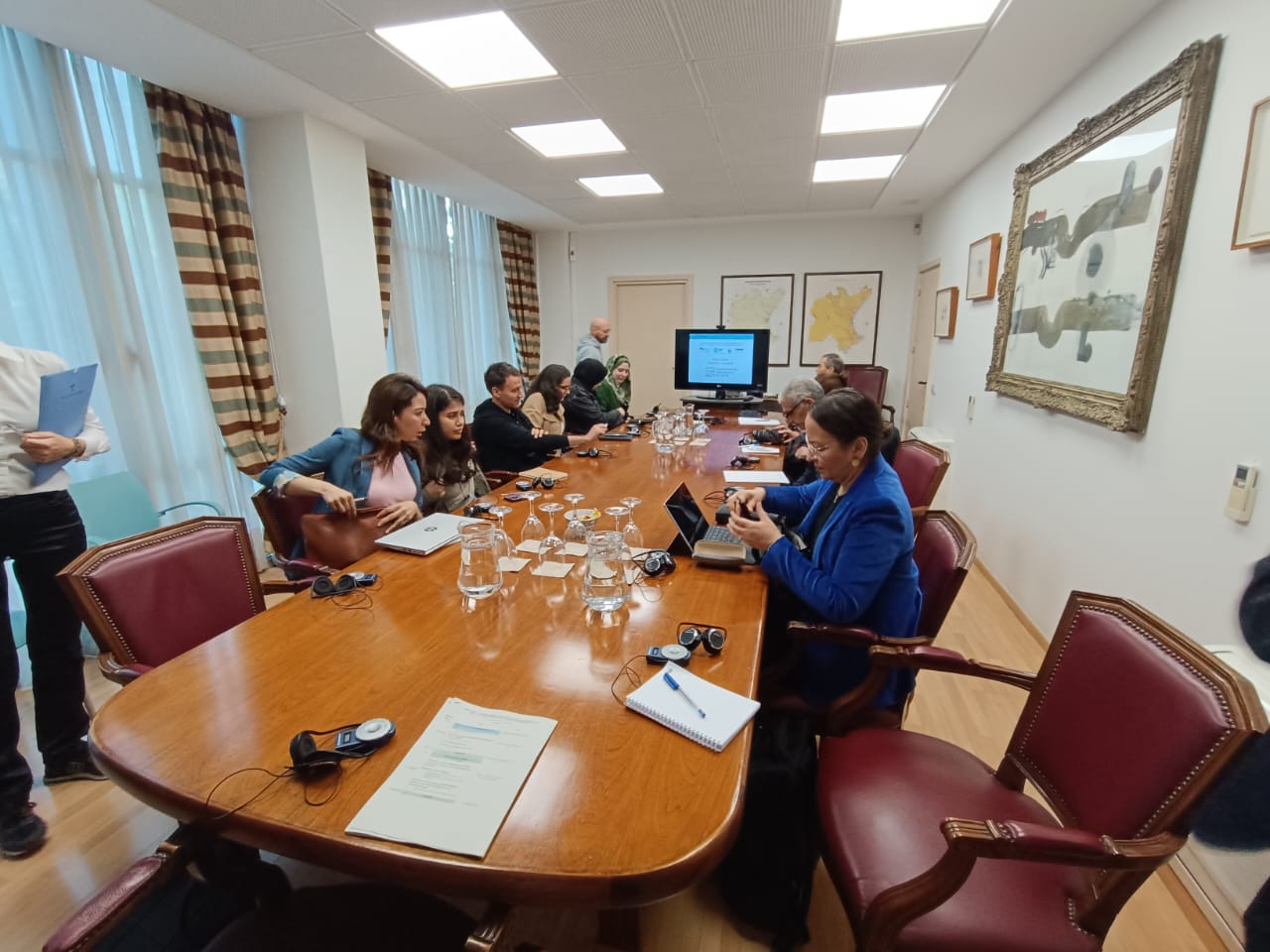
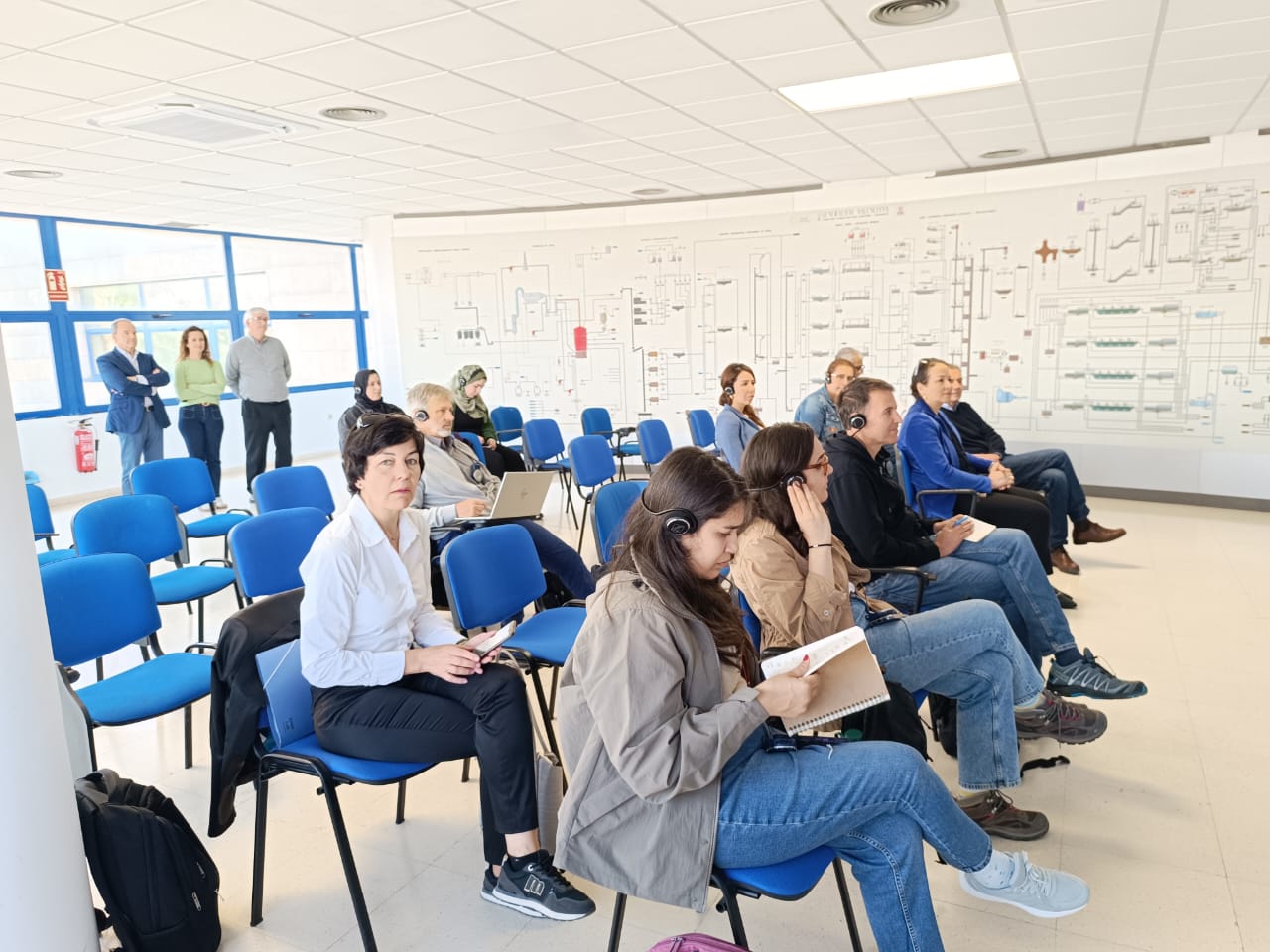
Supported by the Restore NAW project, a study visit was held from April 9 to 10, 2025, in Valencia, Spain.
The event brought together institutional representatives from Morocco and Tunisia, alongside several Euro-Mediterranean partners, with a shared objective: to exchange experiences and best practices in wetland conservation and restoration, through Nature-based Solutions (NbS) that contribute to water security and climate change adaptation.
Organized by the Sahara and Sahel Observatory (OSS), in partnership with WWF North Africa, the event was technically supported by the Mediterranean Network of Basin Organizations (REMOB), the Júcar River Basin Authority (CHJ), and the EMWIS/SEMIDE. It took place in a symbolic setting: the Albufera Natural Park, a pilot site known for its efforts in ecological restoration and sustainable water management.
Throughout the visit, participants benefited from a rich program combining technical sessions, field visits, and exchanges with high-level experts. A highlight of the mission was the direct engagement with local wetland users, including farmers, fishermen, environmental NGOs, environmental educators, and local water managers. These exchanges enabled the Maghreb delegations to gain a better understanding of how participatory approaches are implemented in the field, within a spirit of inclusive governance and integrated natural resource management.
Discussions focused on concrete themes such as the reuse of wastewater for agriculture, the restoration of natural habitats, the fight against eutrophication, and the regeneration of coastal ecosystems. Participants also visited pilot facilities, including ecological water treatment plants, fish farms committed to biodiversity protection, and environmental education centers open to younger generations.
This study visit offered a genuine immersion into the realities of sustainable wetland management in the Mediterranean, while creating a valuable space for dialogue between institutions, experts, and local stakeholders. It represents an important milestone in strengthening regional cooperation for the preservation of freshwater ecosystems in North Africa, in the face of increasing water stress and climate change challenges.